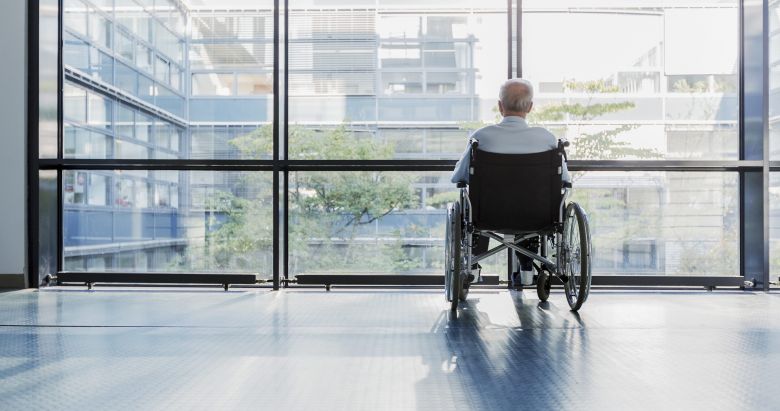SHARES

Having a stroke is a life-changing event. Hence, it is understandable to feel sad or devastated. Furthermore, stroke also affects the brain, leading to changes in personality, mood and emotions. On top of feeling sad, some may lose interest in things previously enjoyed. Other symptoms include fatigue, insomnia, restlessness and difficulty in concentrating and problem-solving. If these symptoms persist for more than two weeks, it could be post stroke depression.
Post stroke depression is the most common psychiatric complication of a stroke. Although depression can happen at any time after a stroke, it is most commonly detected in the first year. In fact, one in three people experience depression within the five-year window post-stroke. Sadly, most post stroke depression remain undiagnosed, while up to 70 % were left untreated.
Negative Implications often Follow Post Stroke Depression
Being depressed can reduce a person’s quality of life and hinder stroke recovery. Not only that, depression increases the risk of cardiovascular disease. This in turn heightens the risk for another episode of stroke. Nonetheless, post stroke depression is highly treatable. Do not overlook this problem and do not delay consulting your doctor to help you overcome depression.
Dealing with Post Stroke Depression
Treatment often includes a combination of medication and therapy. In addition, lifestyle changes could improve recovery and outcomes considerably. Always speak to your doctor to determine what is suitable for yourself.
Medication
Anti-depressants are useful in the treatment of moderate to severe depression. It is also prescribed when other treatments were unsuccessful or not possible. Anti-depressants can interact with other medications. Hence, notify your doctor or pharmacist about other concurrent medications.
Psychological Therapy treatment
Mild or moderate depression may be treated with psychological therapy coupled with lifestyle changes. These are four common treatments:
- Cognitive behavioural therapy (CBT): Identifies and changes unhelpful thought patterns. Encourages a more positive and problem-solving approach.
- Behavioural therapy: Emphasises doing activities that are rewarding, pleasant or satisfying.
- Interpersonal therapy: Recognises patterns that makes one more vulnerable to depression. Also focuses on improving relationships, as well as coping with sadness and grief.
- Mindfulness-based cognitive therapy: Involves meditation to focus on the present moment without trying to change it. Allows feelings of sadness and negativity to be noticed early.
Lifestyle changes
Healthy lifestyle can help the body and mind feel good.
Five helpful tips for positive lifestyle changes:
- Join a support group: Meet like-minded people. Know that you are not alone on this journey.
- Eat healthy diet: Plan a balanced diet consisting fruits, vegetables and lean meat. Limit alcohol.
- Stay social: Talk to trusted people about your feelings. Do activities that you enjoy.
- Remain as independent as possible: Work with your caretaker to determine tasks that can you can still do on your own.
- Exercise daily: Physical activity speeds stroke recovery and treat depression. Options include walking, stretching or other low-impact exercises.
Bottom line
Adjusting to life after a stroke can be very challenging. Losing independence together with mental and physical limitations caused by a stroke significantly increase the risk of depression. Depression interferes with stroke rehabilitation and recovery, but it is highly treatable. Mental well-being of stroke survivors deserve much more attention. With proper monitoring, timely doctor and therapist consultations plus positive lifestyle changes certainly help deal with depression to improve chances of recovery and quality of life.
Further reads:
Find a Psychiatrist in Malaysia, on GetDoc
Find a Psychiatrist in Singapore, on GetDoc
by Joanne Lee
Multipotentialite. Loves creating and seeing ideas come alive. View all articles by Joanne Lee.





